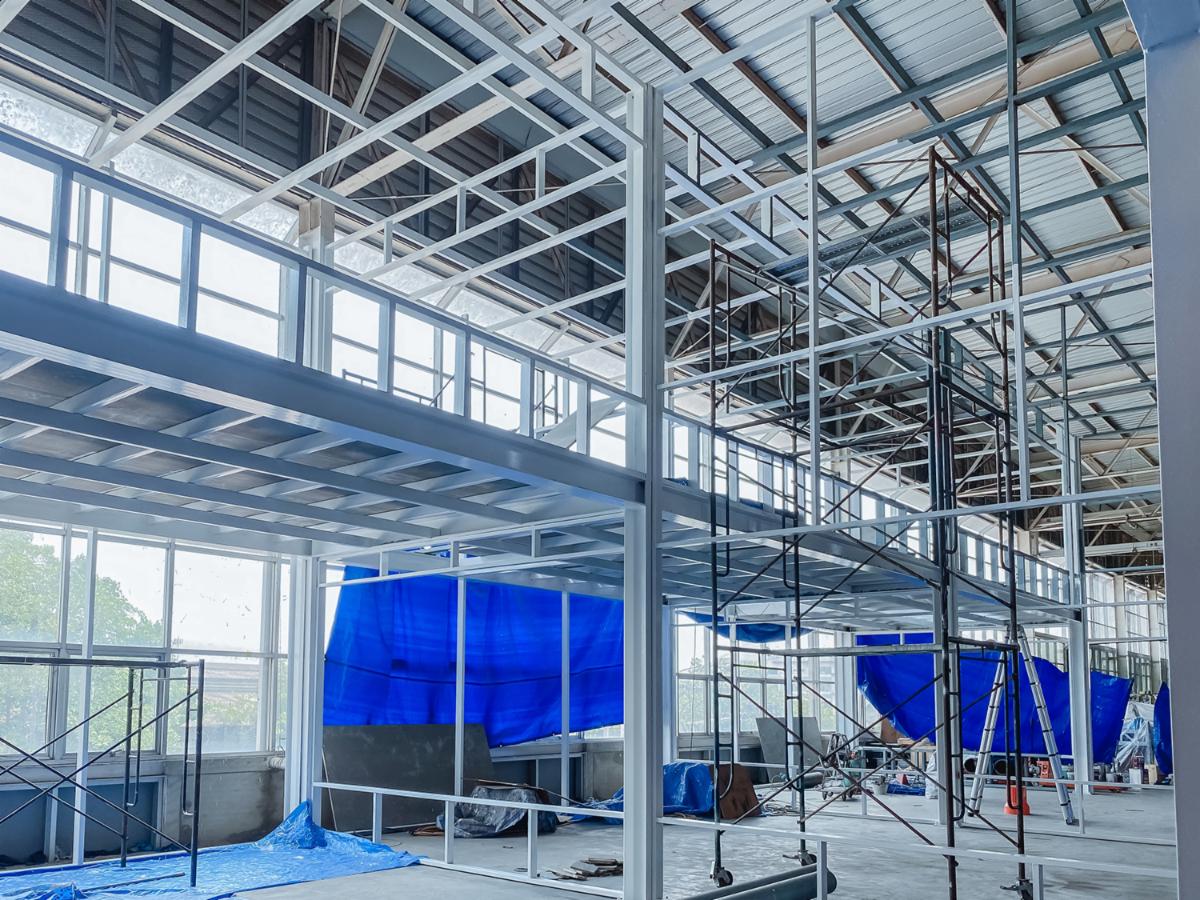OK, we understand – you wanted to enjoy the holidays for just a little longer this year. But now that January is here, it’s also time to finalize your or your client’s 2024 year-end tax strategy. Several significant changes in the tax code affecting the commercial real estate industry in 2023 continued in 2024, and some key provisions on which investors have come to rely are scheduled to expire or continue to change in 2025. Therefore, investors and their tax professionals need to carefully consider how to make the most of this year’s returns.
Here are CRS’ recommended tax planning activities to get you ready to dive in to the 2024 tax season.

Annual Expenditure Review/Planning
A critical step in year-end planning is to discuss 2024 expenditures with your tax professional or your client. Understanding expenditures now will help maximize opportunities to properly allocate costs as either expenses or items that must be capitalized.
Information gathering regarding repairs, expansions and renovations should be a current focus. Comparing and planning for commercial real estate purchases in 2025 that will get you the most return on investment is critical for maintaining your profitability. This is especially true for capitalizing on benefits from energy tax incentives, many of which now require checkpoints during construction.

Energy Tax Savings Review
Have you or your client made energy-efficient investments within the last few years, or are you planning your future sustainability strategy? If so, owners (and/or designers and builders of non-profit building projects) can gain potentially thousands in tax savings through the 179D tax deduction or 45L tax credit for commercial buildings, single or multi-family dwellings. However, while the maximum deduction and credit potential is significant (up to $5.65/sq. ft. or $5,000/unit, respectively), the requirements for being able to take the most advantage of these benefits is complicated.
CRS can help educate and guide you in determining what incentives you qualify for based on your situation.

Acquisition or Construction of Real Estate
Did you or your client acquire a commercial property in 2024 or constructed a property that was placed in service in 2024? Are you (or do you represent) a property owner/tenant who has undertaken significant interior improvements to a building? If so, consider a cost segregation study to:
- Take advantage of immediate expensing options
- Maximize 2024 depreciation deductions
- Reduce income taxes in 2024 and beyond
- Provide the documentation required by the IRS to obtain these tax benefits
Unfortunately for investors, the previous bonus depreciation rate of 100% allowed as part of the Tax Cuts and Jobs Act has been further reduced to 60% for 2024. Unless Congress extends the benefit retroactively, deductions will continue to drop by 20% each successive year until the program phases out completely by 2027. While it appears the new administration will be pushing for an extension or possibly making the provision permanent, there is no guarantee and no timeline at this point. This means that there is no time to waste for investors who plan on purchasing property and putting it into service to gain the maximum tax benefit available.
It’s also imperative to have a trusted vendor who uses IRS-preferred methodologies to complete their cost segregation studies and can successfully defend their findings should an audit occur.

Fixed Asset Retirement Studies
Have you or your client renovated or expanded a facility or demolished a structural component of a building? If so, did you know that the remaining cost basis of the retired components can be written off? CRS can help identify these components and attribute the correct basis for each one as required by the IRS.

Depreciation Schedule Review – Retroactive Studies
It’s important to review depreciation schedules to search for opportunities that could qualify for retroactive cost segregation studies. Retroactive studies typically generate large, current-year depreciation deductions without the need to amend prior tax returns. CRS can help you identify these opportunities, which can be critical to help recoup investment losses (most beneficial for properties with more than $750,000 of cost basis capitalized within the last 15 years).
Commercial property owners/investors, tenants and tax professionals cannot wait any longer to come up with a 2024 tax strategy. Knowing how to take advantage of the latest tax codes continues to be a critical factor in planning future investment opportunities.
We welcome the opportunity to help reduce your tax liability and increase your cash flow, so don’t hesitate to give us a call. Our experts will be happy to help you determine the best plan to get through the 2024 tax season!

